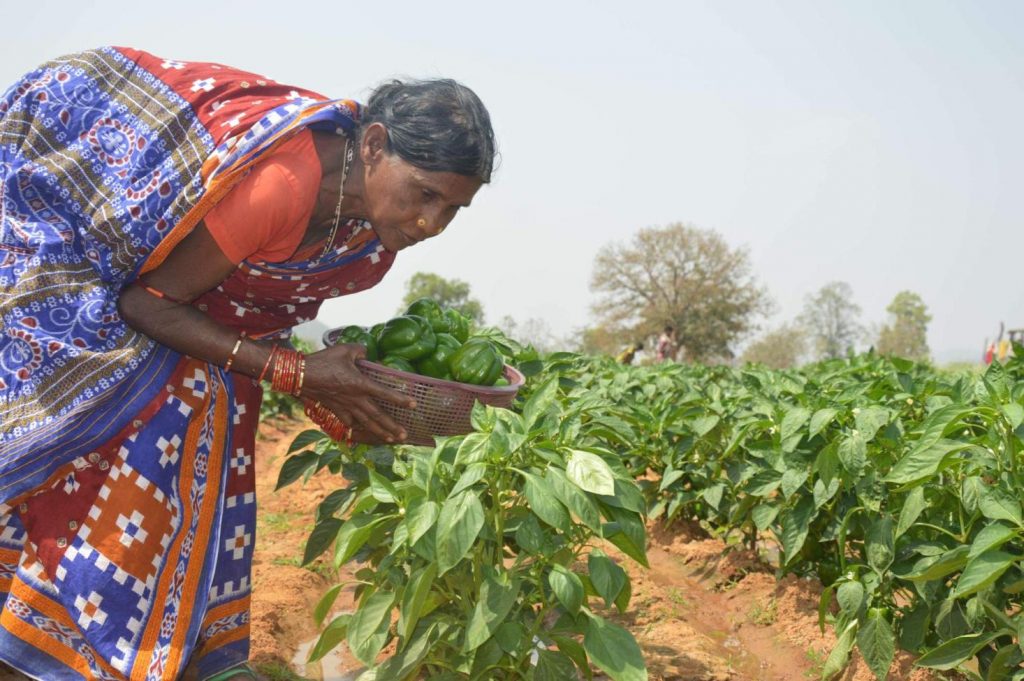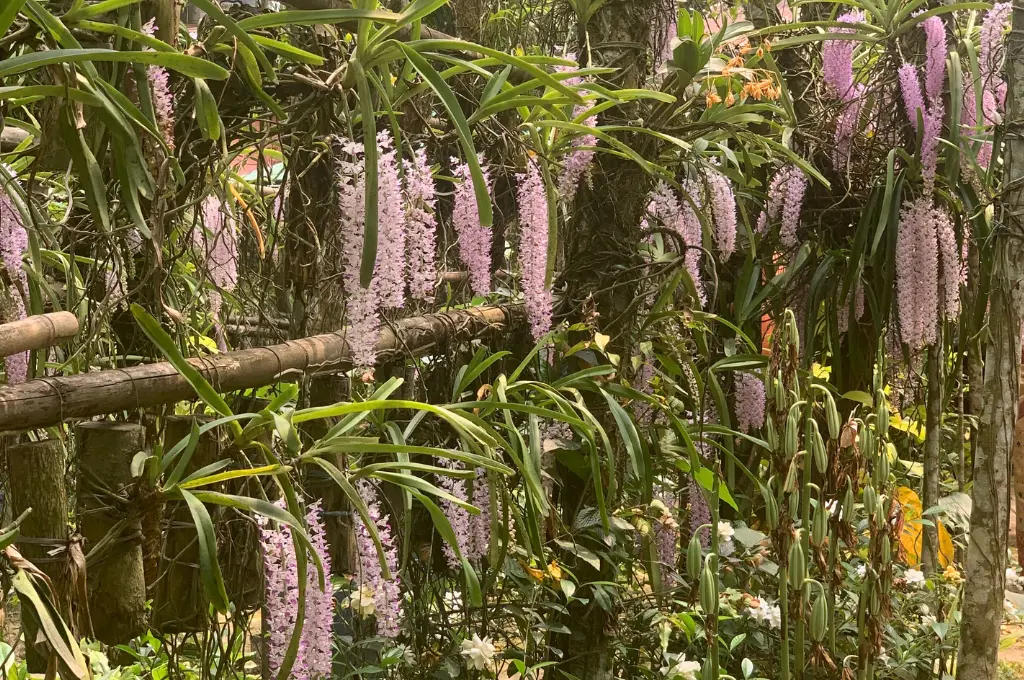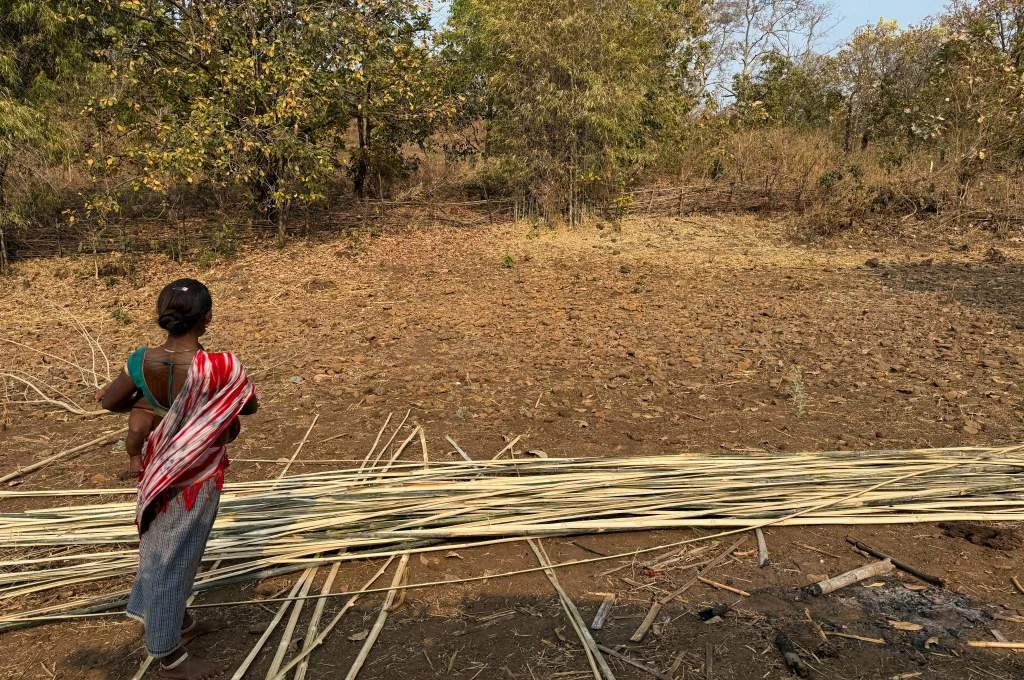Capsicums and quail eggs

Traditional Adivasi diets in the hills of Rayagada are heavily millet-based. People also eat green, leafy vegetables for nutrients and vitamins. In order to increase dietary diversity, the Government of Odisha has been trying to promote the growing and consumption of other types of vegetables as well. It also suggests that Adivasi communities eat more eggs, so that they aren’t completely dependent on millets.
To help with this initiative, we at Harsha Trust tried to introduce eggs and ‘new’ vegetables to the communities we work with. What we didn’t realise, however, is that people had never seen some of these foods before. They weren’t sure what to do with them, how to eat them, or how to cook them. So, in addition to teaching them about growing these vegetables, we held cooking sessions, offering recipes for capsicums, and quail eggs—a great source of nutrition. In exchange, they taught us about millets. From finger millets to pearl millets, we’re learning from them and they are learning from us.
Harsha Trust is a nonprofit in Odisha that works to place smallholder women farmers at the forefront of their work against poverty, hunger, and malnutrition.
—
Know more: Read about why undernutrition persists in India’s adivasi communities.
Do more: Connect with the author at harshaho@harshatrust.org to understand more about and support their work.



